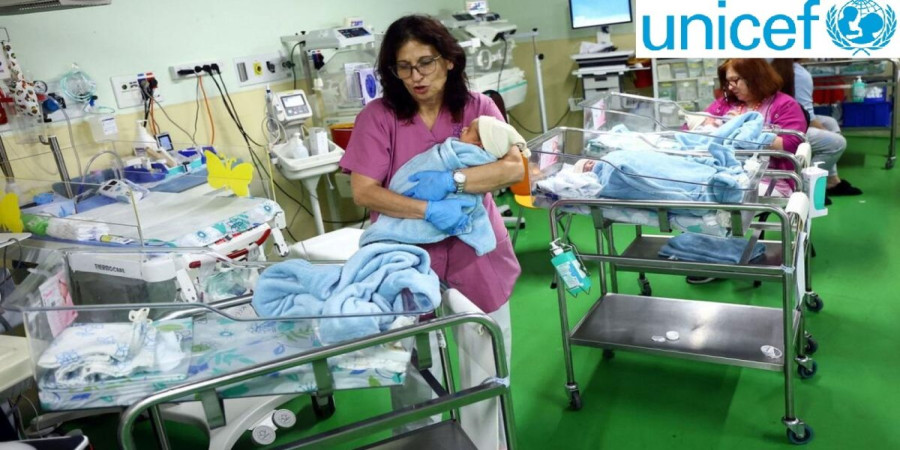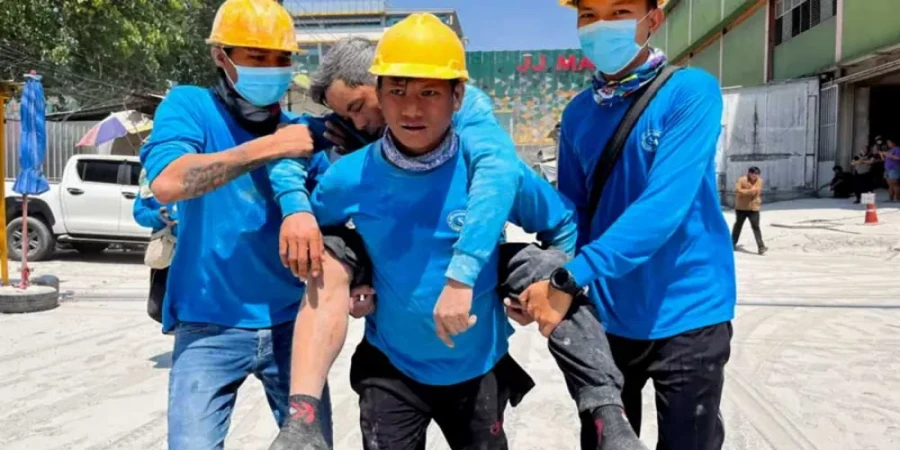
ছবি: Photo: Collected
Despite recent progress in global birth registration, approximately 150 million children remain "invisible," lacking legal recognition and vulnerable to statelessness and rights violations, according to UNICEF. The United Nations children's agency issued this warning in a report published on Tuesday, as highlighted by AFP.
UNICEF's latest findings reveal that 77% of children under the age of five had their births registered in the past five years, marking a two percent increase since 2019. However, despite this progress, millions of children remain unregistered or lack formal birth certificates, subjecting them to various legal challenges. The report identifies an additional 50 million registered children who do not possess any official birth documentation.
A birth certificate is crucial for establishing an individual's identity and age. It serves as evidence of nationality and is often a prerequisite for protection against child labor, forced marriage, or underage recruitment into military forces.
UNICEF Executive Director Catherine Russell emphasized the importance of birth registration, stating that it ensures children are recognized under the law immediately after birth. She noted that registration provides a foundational layer of protection against exploitation and harm while also facilitating access to essential services such as vaccines, healthcare, and education.
Despite improvements, Russell pointed out that many children remain excluded and unaccounted for, rendering them effectively invisible in the eyes of governments and legal systems.
Over half of these "invisible" children reside in Sub-Saharan Africa, where only 51% of young boys and girls are registered, according to the report. UNICEF highlighted numerous barriers to birth registration, including a lack of awareness among families regarding the process, high costs, insufficient political commitment, and, in some cases, discrimination based on gender, ethnicity, or religion.
The agency called for intensified efforts to address these challenges and ensure every child's fundamental right to a legal identity is upheld.
repoter






